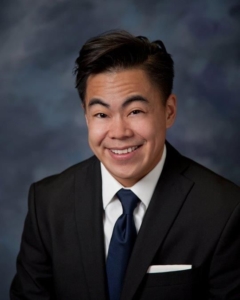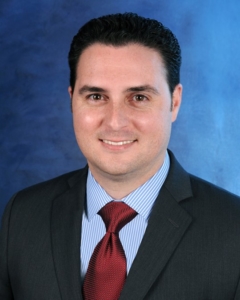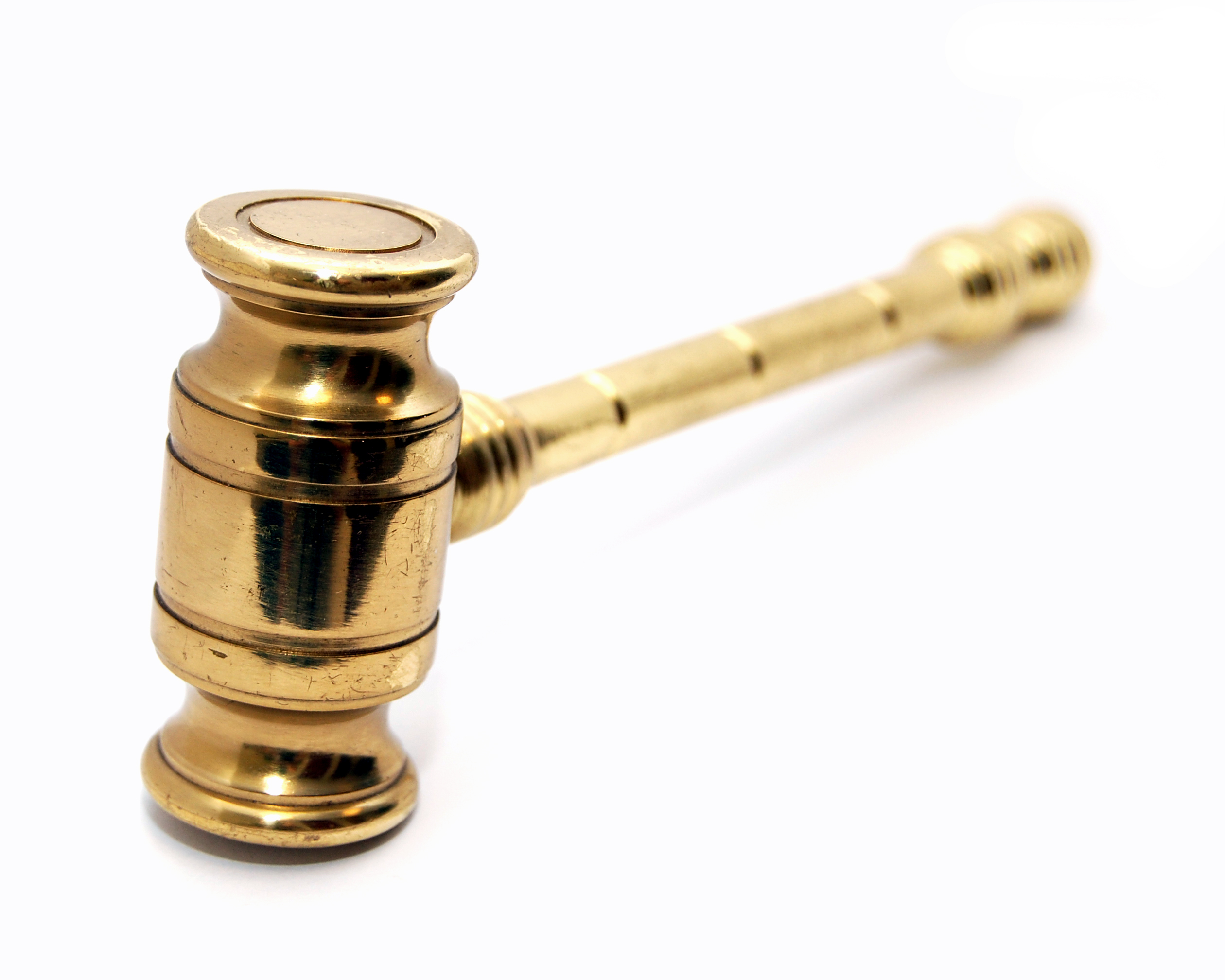By Marc Tran and Michael Maurer, Best Best & Krieger.
While the nationwide economy has steadily improved since the recession, many cities are still clawing their way back to financial stability. California, in particular, was hit hard by the foreclosure crisis, leaving cities in the State facing reduced property values and taxes, as well as increased blight.
However, the U.S. Supreme Court recently gave the City of Miami the go-ahead to sue banks under the Fair Housing Act for alleged racially discriminatory lending practices that resulted in increased foreclosures and fiscal harm to the City. In light of the Court’s ruling in Bank of America v. City of Miami (consolidated with Wells Fargo & Co. v. City of Miami), civil suits under the Act may be a viable option for cities looking to recover costs incurred in maintaining abandoned or foreclosed properties that were shuttered due to discriminatory lending practices prohibited by the Act.
The Act forbids, among other things, businesses from discriminating in the sale or rental of housing. Like other civil rights laws, the Act authorizes any “aggrieved person” to file a civil action to recover damages for a violation. An aggrieved person is any person who claims to have been injured by a discriminatory housing practice.
In its 2013 complaint, Miami claimed that Bank of America and Wells Fargo intentionally issued riskier mortgages on less favorable terms to African-American and Latino customers, in violation of the Act. This, according to the City, caused disproportionate foreclosures and vacancies in minority communities, thereby reducing property values, depriving the City of property tax revenues and increasing costs related to blight abatement of abandoned properties.
The question presented to the Supreme Court was whether the City could be considered an aggrieved person under the Act. In a decision issued May 1, the Court answered in the affirmative and held that Miami’s claimed injuries fell within the zone of interests that the Act seeks to protect. The Court explained that Congress’ definition of an aggrieved person reflects a legislative intent to confer standing broadly to include any person, including cities, aggrieved by discriminatory practices.
Though it upheld the U.S. Eleventh Circuit Court of Appeals’ ruling on the City’s standing to sue, the Court disagreed with the lower court on the question of how the City must establish causality between the alleged violations and the harms suffered. The Eleventh Circuit reasoned that the basis for the banks’ liability was that the harms arising from their alleged violations of the Act were foreseeable. The Supreme Court ruled that foreseeability of harm alone was insufficient and that the City would have to establish that the banks’ alleged violations of the Act were the proximate cause of the City’s injuries. The Court emphasized that a direct relationship between the injury asserted and the wrongful acts is required.
While the decision allows cities to proceed with such lawsuits, cities should be prepared to establish a direct link between banks’ alleged violations and the harm caused to the city. In Miami’s case, it will have to return to the district court to show that its reduced property values, reduced property tax base and increased blight removal costs are the direct result of the banks’ allegedly discriminatory lending practices.
Despite the lack of guidance from the Supreme Court on the specific parameters of the proximate cause requirement under the Act, a number of factors may help establish proximate cause. For example, statistics about homeownership and occupancy prior to the occurrence of the alleged violations or information about how the banks targeted particular minority groups (perhaps through community outreach practices or prioritization of some communities over others for riskier mortgages and less favorable loan conditions) may be useful.
Memphis and Baltimore have filed and settled similar cases for millions of dollars. A handful of cities, including Los Angeles, have similar cases pending. As these cases progress, we can expect the courts to provide more guidance about the parameters of the proximate cause requirement.
[divider] [/divider]
 Marc Tran is an attorney in Best Best & Krieger LLP’s Municipal Law practice group. He can be reached at marc.tran@bbklaw.com.
Marc Tran is an attorney in Best Best & Krieger LLP’s Municipal Law practice group. He can be reached at marc.tran@bbklaw.com.
 Michael Maurer practices Municipal Law as an attorney at Best Best & Krieger LLP. He can be reached at Michael.maurer@bbklaw.com.
Michael Maurer practices Municipal Law as an attorney at Best Best & Krieger LLP. He can be reached at Michael.maurer@bbklaw.com.





